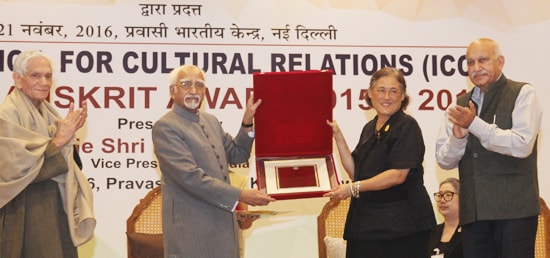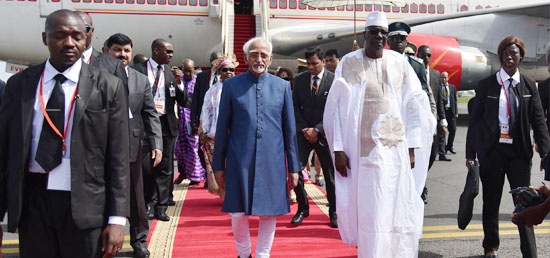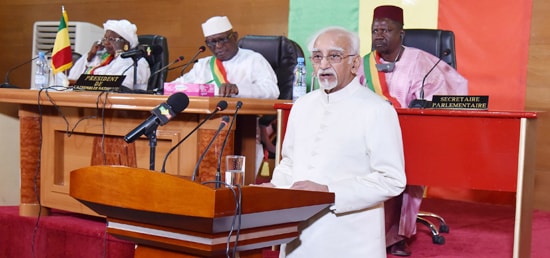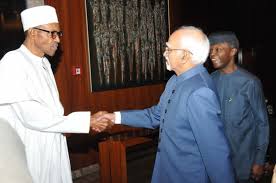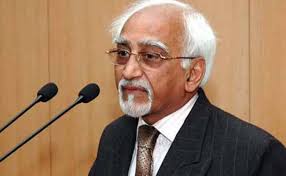Some Thoughts on the World of Tomorrow -By Hamid Ansari
I am happy to be in this enchanting city and grateful to the Rector and the faculty of the Yerevan State University for inviting me today.
I have come to a land some distance from India but not far from the individual and collective memory of Indians. I myself was born in Calcutta (now Kolkata), and spent many years in the city. Amongst its historic features are Armenian churches and other signs of its Armenian inhabitants. Father Michael Chamich’s History of Armenia was translated and published in Calcutta in 1827. More recently, historians like Mesrovb Jacob Seth and George Bournoutian have recorded the Armenian contribution in India to trade and commerce as to various cultural and charitable activities.
Less known but nevertheless a part of spiritual history of my land is the personality of Armenian descent known in medieval chronicles as Sarmad, a mystic of who travelled from somewhere in this region to India, led an unconventional life and was executed for blasphemy in 1660 because he espoused a creed that distinguished between states of ‘negation and affirmation’. One of the leaders of our freedom movement and a close aide of Mahatma Gandhi, Abul Kalam Azad, was deeply influenced by Sarmad’s free thinking and humanitarianism.
It is thus evident that well before modern times; the flow of people, trade and ideas was not an unusual occurrence. My purpose today, however, is to talk about the future, not the past.
The older generation in this audience knows and the younger ones have been told that the 20th century was a period of organized insanity characterized by metamyths and megadeaths. These led an eminent historian to conclude that ‘our world risks both explosion and implosion;’ hence ‘it must change’.
The expectation that the changes in the last decade of the century would bring forth a more harmonious world in which international cooperation in solving international problems would be addressed by peaceful means in conformity with the principles of justice and international law did not materialize. On the contrary, older patterns of thought and practice persisted and, aided by newer technologies, resulted in explosions as well as implosions in different parts of our world. The promise of globalization also showed its limitations; the financial crisis of 2008 demonstrated, in the words of one analyst, a ‘systemic vulnerability to unregulated greed.’ Both, in the final analysis, exhibited failures of governance at national and global levels.
Read More